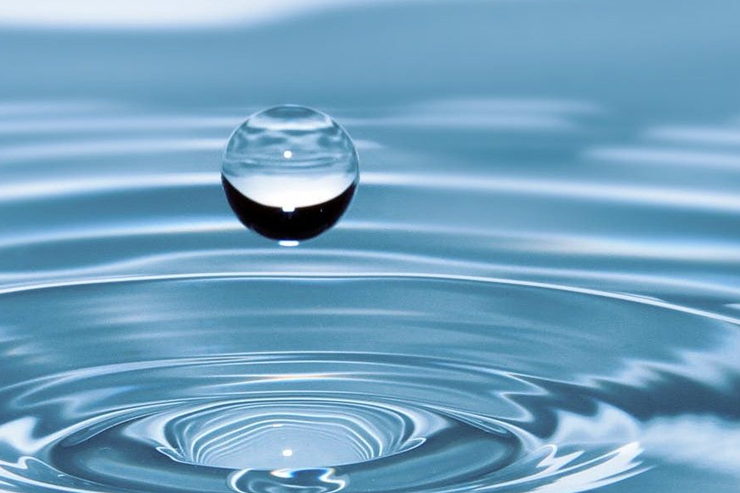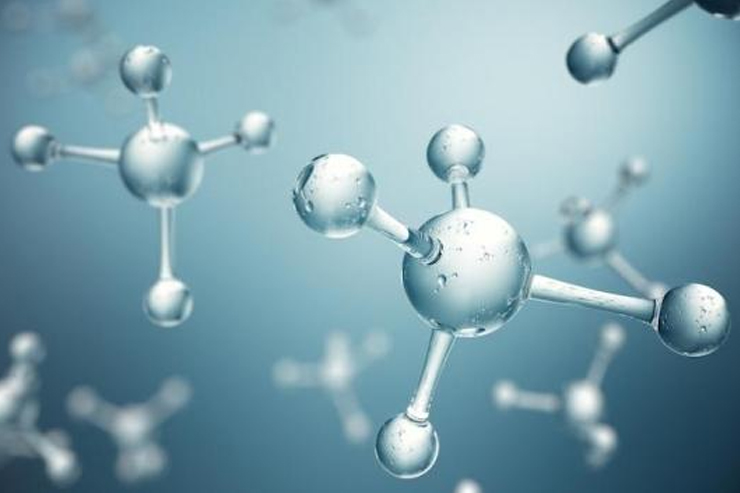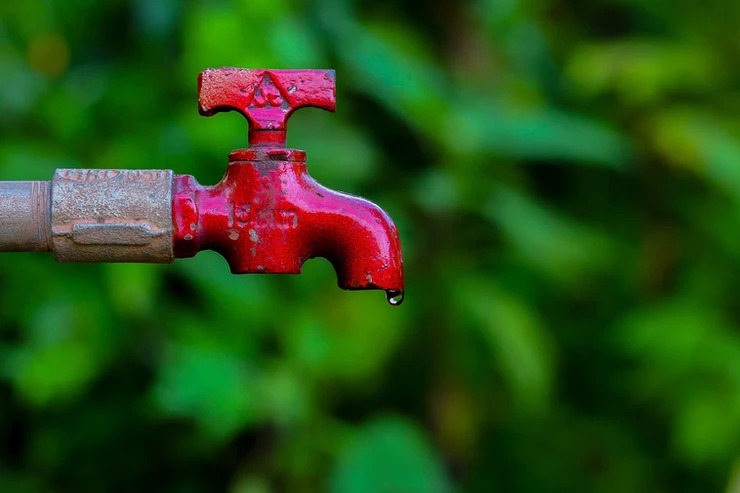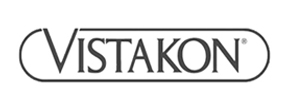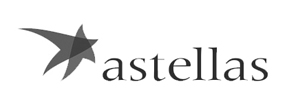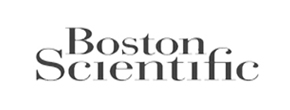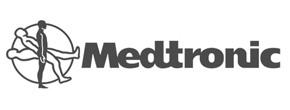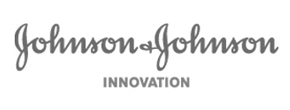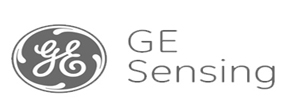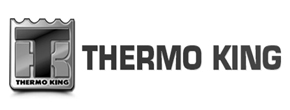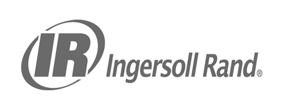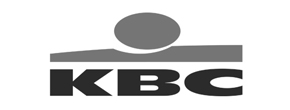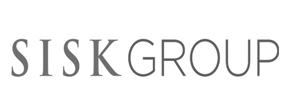Category: Uncategorized
[Hard Water Problem] Save your home from Limescale
Do You Suffer with any of these Hard Water Problems? White chalky crusts on your taps & in your bathroom. Bad tasting Limescale deposits & white spots on home surfaces, glasses and silverware. Visible scum on effecting your home appliances including inside your kettle and washing machine. Damaged electrical appliances . Blocked taps and clogged […]
WATER FILTRATION TYPES & METHODS
Filtration is used in addition to regular coagulation and sedimentation for removal of solids from surface water or wastewater. This prepares the water for use as potable, boiler, or cooling make-up. Wastewater filtration helps users meet more stringent effluent discharge permit requirements. Filtration, usually considered a simple mechanical process, actually involves the mechanisms of adsorption […]
Saving money with rainwater 💦 harvesting from your commercial building
Step 1: Find the historic rainfall levels in your area from Met Eireann: Met Eireann Monthly Data Step 2: Calculate your building’s roof collection area from Google Maps: Google Maps Right Click in map, select measure distance, draw a line around the roof and it will calculate the Roof Area in m² Step 3: […]
Tracking Water Use To Cut Costs
WHY IS SAVING WATER IMPORTANT? Water is becoming an increasingly expensive resource with mains, sewerage and trade effluent charges rising. However, introducing water minimisation measures is one of the easiest and most inexpensive ways to achieve cost savings. Most companies and organisations know how much water they use, but may not always use this knowledge […]
Reverse Osmosis vs Deionisation
Which is Right for Your Industrial Water Requirements? Most industry at one point or another will need pure water for their building or process. Two of the leading methods for water purification for industrial and commercial environments are Twin Bed Deionisation (also known as strong base demineralisation or DI water) and also Reverse Osmosis (RO). […]
Rainwater Recovery time to Save
Yes. Rainwater can be used in all areas currently being supplied by mainswater. Yes. We can supply rainwater to drinking water standards and better, process and also product contact high purity. No. Rainwater is not corrosive. Rainwater has a PH post processing of 7 – 7.2 Yes. Rainwater can be captured from any building without […]
Water Impurities, Chemistry & Treatments
1% of the total water resources on earth are available for human use. 70 per cent of the world’s surface is covered by water and 97.5 per cent of that is salt water. 2.5% is freshwater available for human consumption, However 69% of that 2.5% is frozen in ice caps and glaciers A consistent […]
Applying Quality Methods to Water Treatment , Processes & Problem Solving
Typically commercial water systems are subject to considerable variation. Makeup water characteristics can change over time. The abruptness and degree of change depend on the source of the water. Water losses from a recirculating system, changes in production rates, and chemical feed rates all introduce variation into the system and thereby influence the ability to […]
Four Phases To Saving Water In Your Company
Manufacturing companies in particular typically use large quantities of water during production. The question therefore remains as to how to recycle and reuse their water in as efficient and environmentally manner as possible. In fact, water and water recycling and reuse has become a hot topic amongst engineers, who want to efficiently monitor and reuse […]

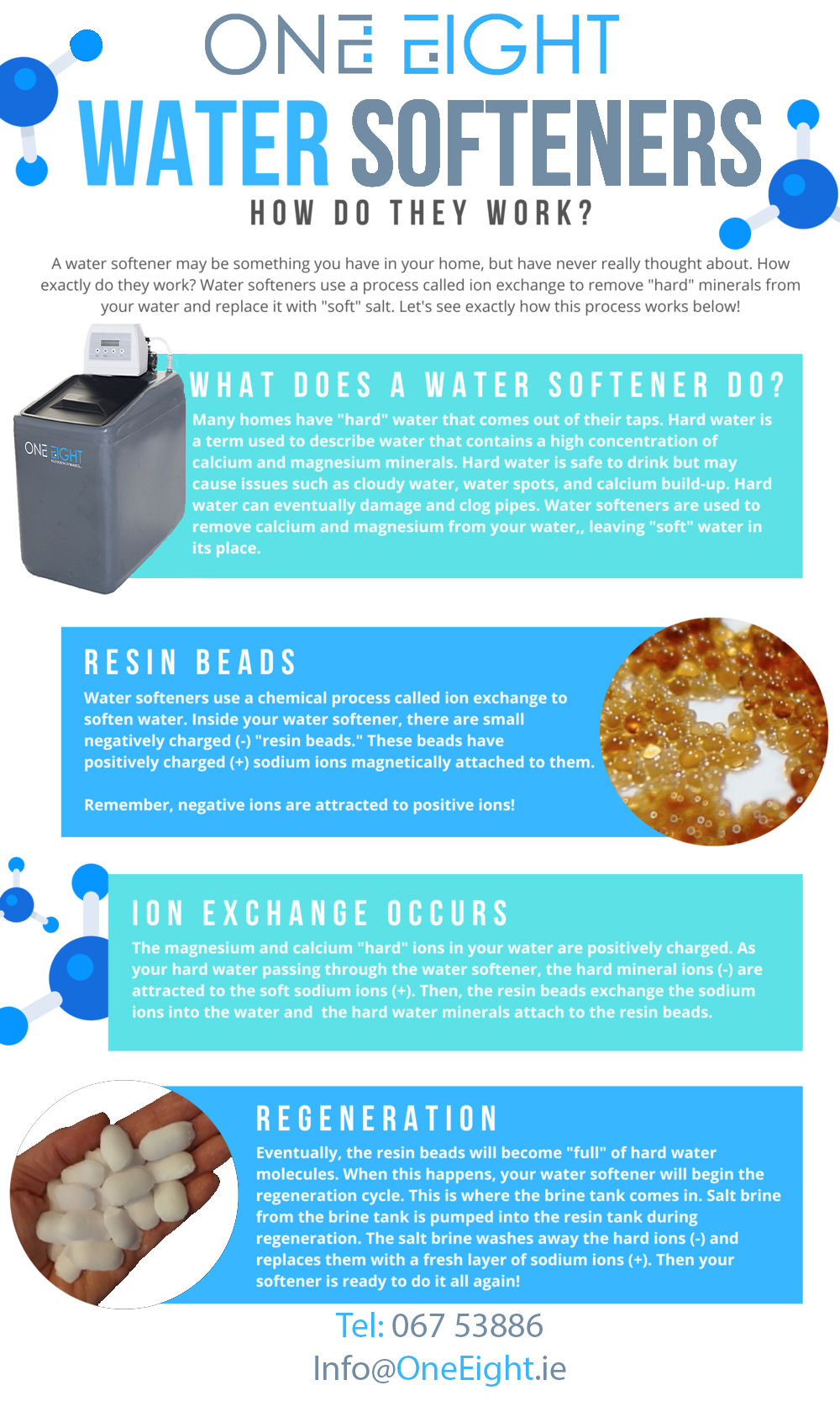
![[Hard Water Problem] Save your home from Limescale](https://oneeight.ie/wp-content/uploads/2023/02/Limescale-Removal.jpg)


